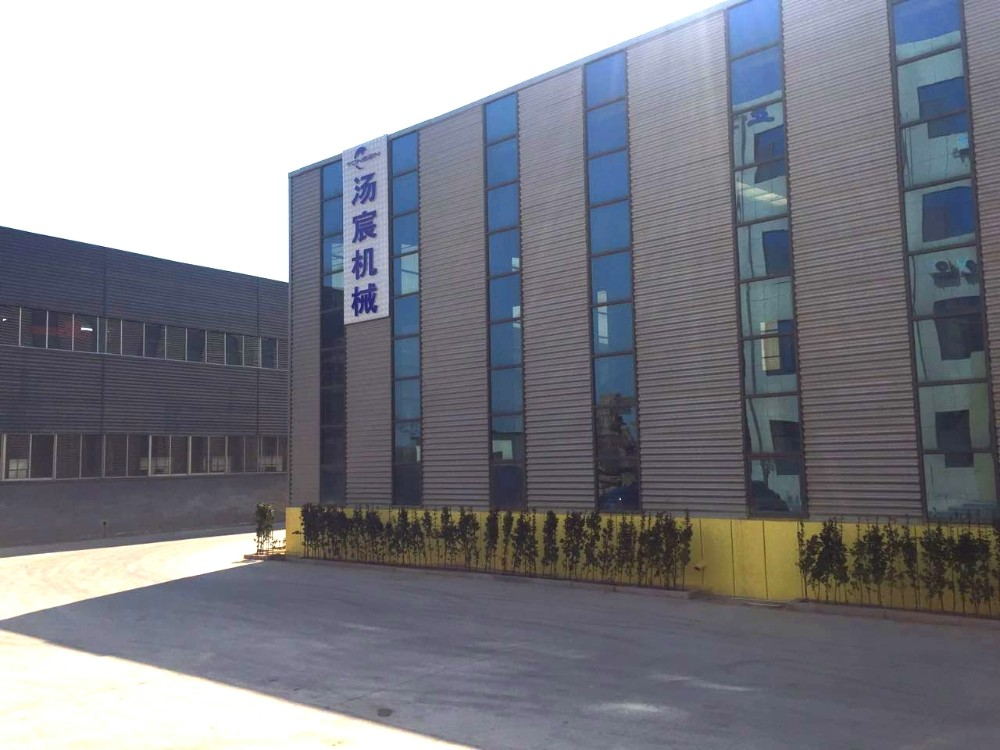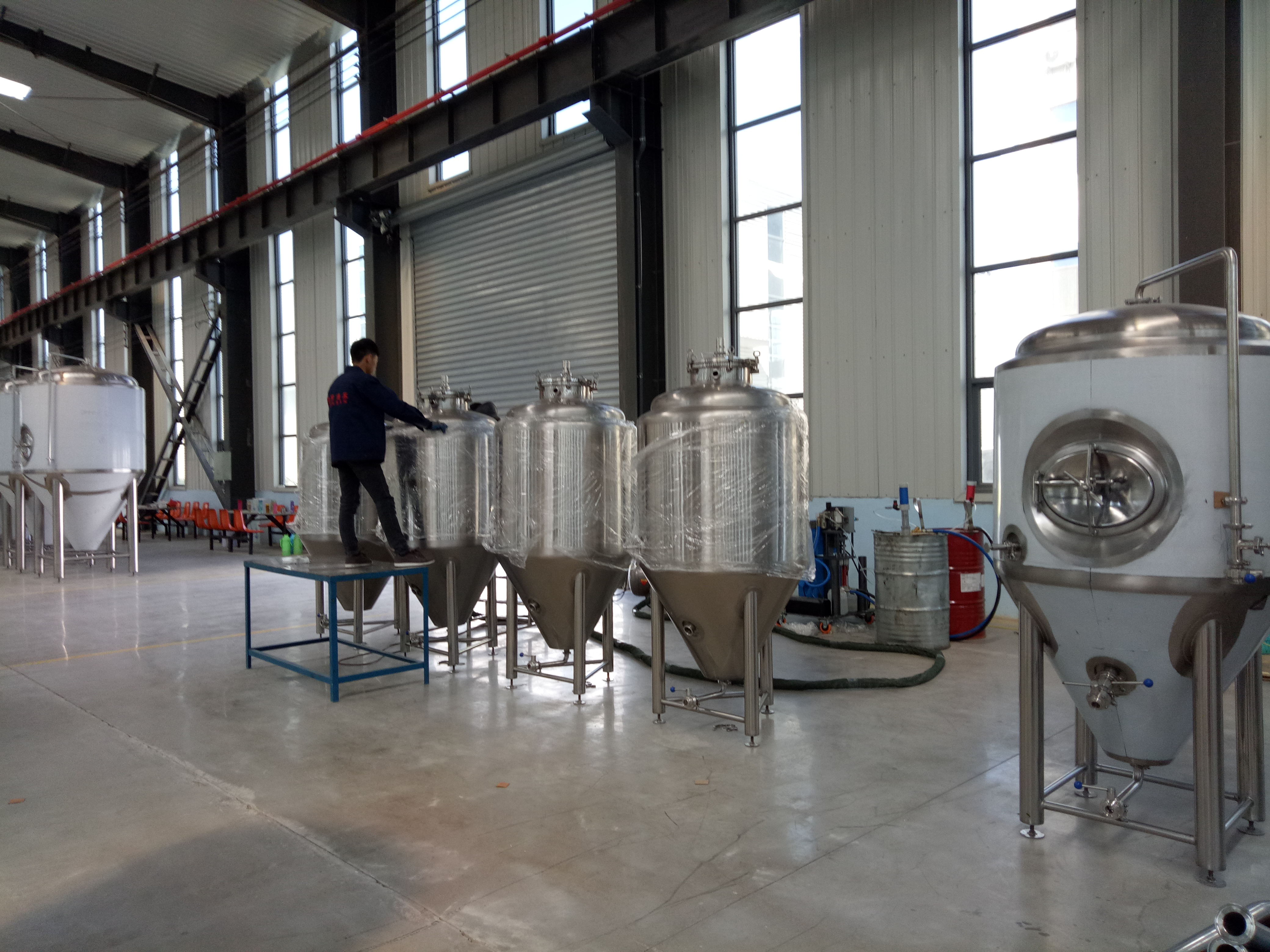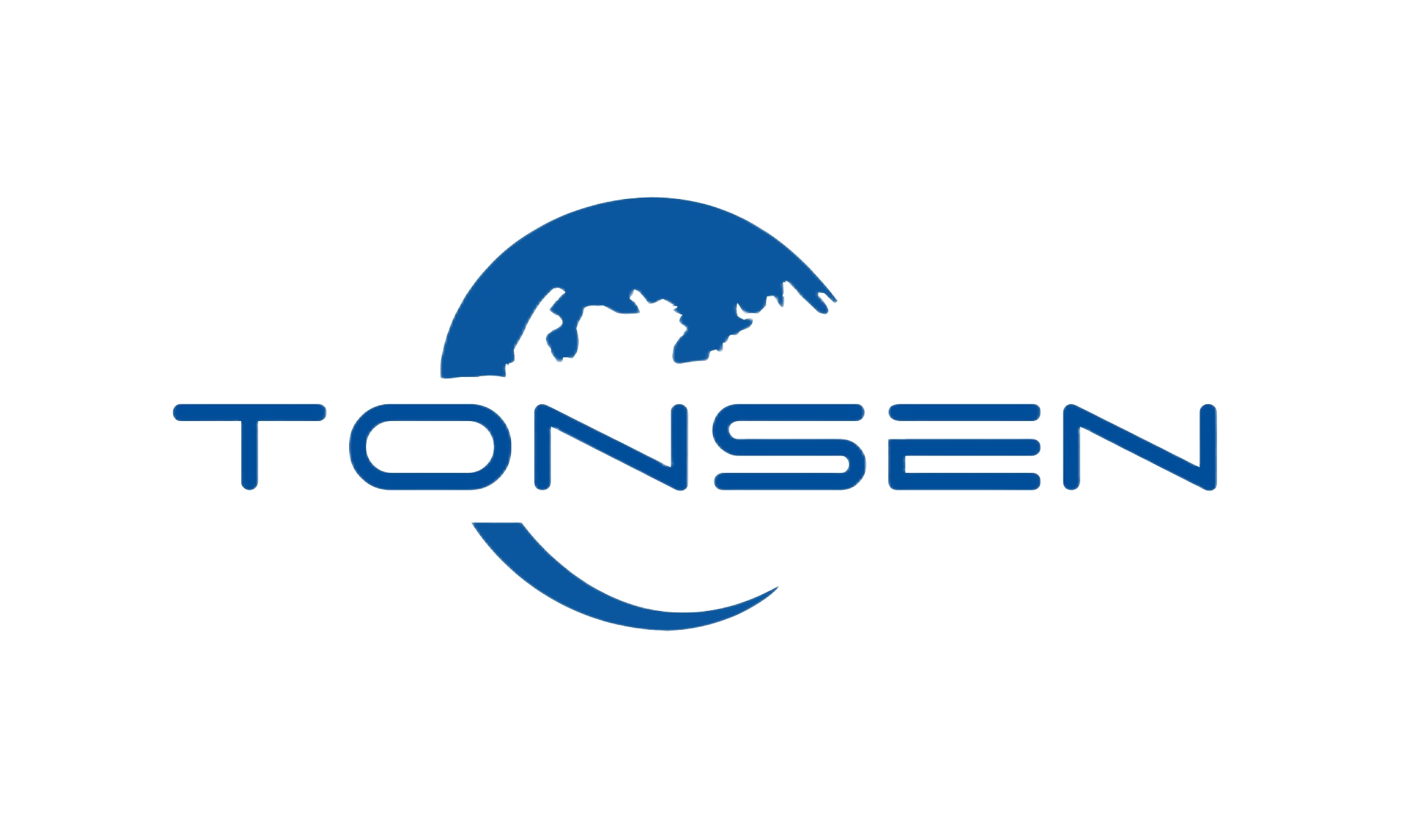TOPIC TODAY: What’s on your brewery floor matters?
There is one important aspect of a brewery that is easily overlooked, even though you’re standing on top of it: Your brewery’s floor coating. Today’s coatings offer everything from heat and chemical to impact and thermal shock resistance. In short, floor coatings have you covered when it comes to safety and brewery productivity, but how do you go about selecting the best coating for your brewery?
Without an appropriate floor coating, the concrete will stain, degrade and in some cases fail. A chemical-resistant coating is a must for a craft brewery, otherwise the concrete will stain at a minimum, but more likely degrade, as the beer will eat the concrete. Floor coatings such as the Temper-Crete system help protect the concrete substrate from the harsh exposure to water and chemicals. It’s our heavy-duty, heat-resistant urethane cement for brewing, bottling and canning area floors.
a coating system that might be a good fit for a production brewery might not be the best solution for the restaurant side of a brewpub. A urethane cement coating, such as Westcoat’s Temper-Crete System, for example, is ideal for the brew facility, due to its durability, heat resistance and chemical resistance. This application also works very well in the bottling and kegging spaces due to its impact resistance. It can handle the forklifts, pallet jacks and kegs. The Temper-Crete Industrial system, on the other hand, can be applied to sloped substrates where adjacent floor drains are located.
For the restaurant side of a brewpub, some of the factors to consider are: High-heat, skid-resistance and cove applications to mention a few. Westcoat’s EC-50 Novolac is a high-heat resistant epoxy that can handle greater temperatures around oven and cooking areas. Nonskid coatings and additives are suitable when grease and other conditions are present, to keep the staff and patrons from slipping and falling. Grinding, staining and sealing the concrete with products such as our Fast Stain with a protective polyurethane sealer is one concrete restoration process for the front of the house, such as tasting or serving areas, that is highly decorative, durable and chemical-resistant. We also offer a full product line of epoxy applications that would be suitable for bathrooms, kitchens and food prep areas. Lastly, cove applications will help with meeting local codes and requirements and will aid in keeping a space clean.
Health departments can vary by location but basically they want a non-porous and scrubbable surface to prevent bacterial growth. Federal, state and local agencies usually require floors to be easily cleanable. Also it is important to follow any OSHA or safety codes pertaining to issues such as slippage or skid resistance. Coating requirements may vary in application. For example, departments may call for a cove and trowel applied epoxy in a kitchen space. Other requirements may be USDA and VOC compliance depending on the region.


